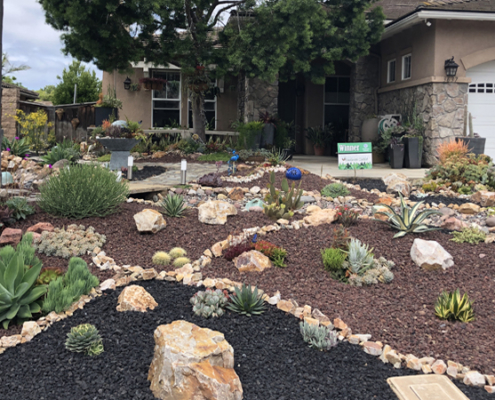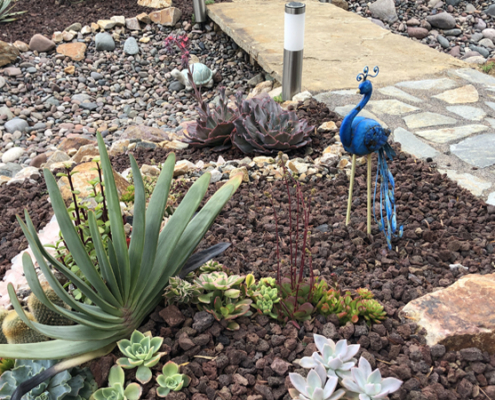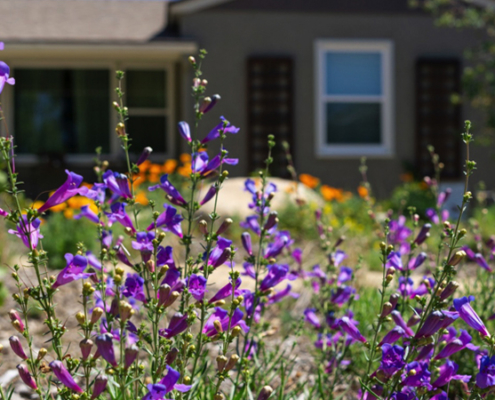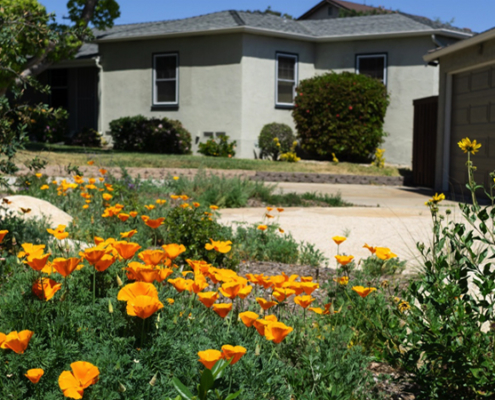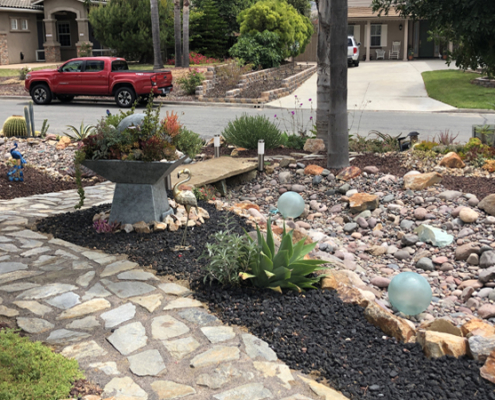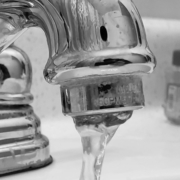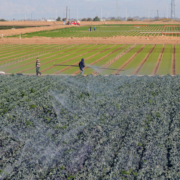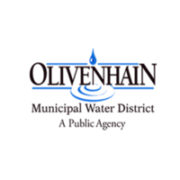2020 Landscape Makeover Competition Opens Call For Entries
Fourteen water agencies in San Diego County seek the best in landscaping makeover projects for the regional WaterSmart 2020 Landscape Makeover competition. The annual contest offers the opportunity to showcase residential waterwise landscaping as a way to inspire other homeowners to consider replacing water-guzzling turf based designs.
The contest deadline for all participating agencies has now been extended to Friday, May 29. Homeowners may submit their entry online. You must be a resident within agency boundaries to participate. Each agency winner receives a $250 gift certificate and recognition on the agency website and social media channels.

Deborah Brandt’s 2019 winning landscape for the Vista Irrigation District includes contrasting elements, such as cactus, river rock and wood chips, against a backdrop of dramatic magenta, purple and striking orange. Photo: Vista Irrigation District
Participating agencies include California American Water, the cities of Escondido, Oceanside, and San Diego, Fallbrook Public Utility District, Helix Water District, Olivenhain Municipal Water District, Otay Water District, Padre Dam Municipal Water District, Rincon Del Diablo Water District, San Dieguito Water District, Sweetwater Authority, Vallecitos Water District, and Vista Irrigation District.
“With rebates available for turf removal, now is a great time to replace your lawn with a beautiful WaterSmart landscape,” said Brent Reyes, water conservation specialist for the Vista Irrigation District.
Turf removal saves estimated 36 million gallons annually
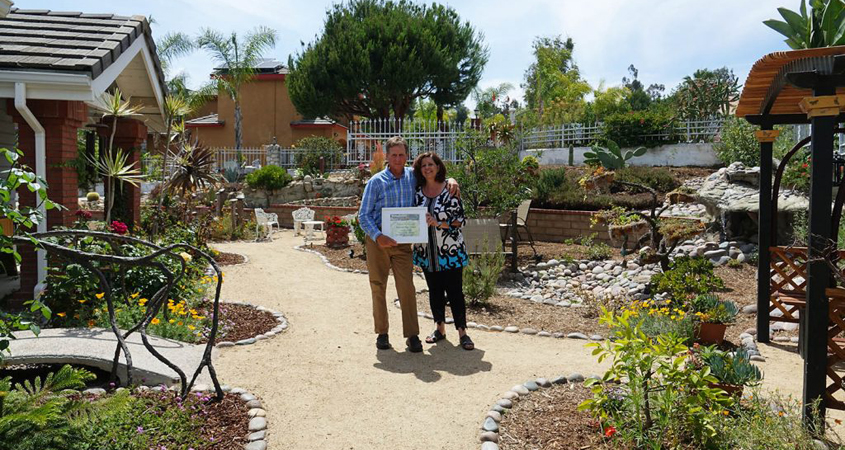
La Mesa residents Bob and Shan Cissell transformed 2,500 square feet of turf into their own conservation garden in La Mesa, winning the 2019 Otay Water District Landscaping Contest. Photo: Otay Water District
With a majority of residential water use in San Diego County attributed to watering landscapes, regional water efficiency efforts focus on outdoor water use. By showcasing their beautiful landscape in the WaterSmart Landscape Contest, homeowners can offer ideas and demonstrate how waterwise landscaping can be attractive as well.
Thanks to ongoing education and incentives, San Diego County residents have targeted more than one million square feet of turf grass for replacement with WaterSmart landscaping through free landscape makeover classes sponsored by the San Diego County Water Authority between 2013 and 2018. The Water Authority has documented an estimated savings of 33 million gallons annually,
Online landscape makeover tips available
If you need some inspiration or guidance, WaterSmartSD offers landscape makeover videos you can view on demand. This series of videos mirrors the content of the in-person workshops and four-class series. Each video takes you step-by-step through the process of creating your own beautiful, water-efficient landscape.
From measuring your property to getting to know your soil to picking the right plants for the right place, these entertaining and informative videos will guide you along the path to a WaterSmart landscape.
In addition, WaterSmartSD provides a list of online resources and guides to planning your landscape design project, soil analysis, compost and mulch, plant choices, and irrigation.
For additional information on 2020 Landscape Makeover Contest entry rules, go to WaterSmartLandscapes.
Click on the gallery below for more 2020 landscape makeover inspiration from past winners.
- Planning for the amount of space your new plants will need when fully grown will help your landscape thrive. Photo: Sweetwater Authority
- Rocks and small boulders are both aesthetically pleasing and useful in your landscape. Photo: Otay Water District
- A diverse palette of colorful succulents, cacti, and California native plants add to the winning design. Photo: Sweetwater Authority
- Fun decorative items can provide focal points for your new landscaping project. Photo: Sweetwater Authority
- Colorful, water-wise plants replaced a thirsty, labor intensive front lawn in Deborah Brant’s winning landscape makeover. Photo: Vista Irrigation District
- Melanie and Bob Buck’s colorful landscape makeover is the winner of the OMWD 2019 Landscape Contest. Photo: Olivenhain MWD
- Laura Cates used succulents to create her winning landscape design in Oceanside. Photo: City of Oceanside
- The colorful new landscaping can serve as an inspiration to other Carlsbad residents. Photo: OMWD
- Compared to the previous landscaping with thirsty turf, the new landscaping uses much less water. Photo: Helix Water District
- Even though this new WaterSmart Living landscape is only four months old, it is already in full bloom with California native plants. Photo: Helix Water District
- The Kirkpatricks took advantage of the Water Authority’s WaterSmart Landscaping classes. Photo: Helix Water District
- Homeowners learn through the Water Authority’s WaterSmart Landscape Makeover Series that sustainable landscaping can be as lush as a lawn. Photo Water Authority
- The homeowners completed their yard décor with beautiful ceramic containers, gazing balls, and whimsical artwork including starfish and a peacock. Photo: Sweetwater Authority
- Inspired by the San Diego County Water Authority’s free landscape makeover classes, Vallecitos Water District employee Eileen Koonce transformed her own landscaping. Photo: Vallecitos Water District
- Janet and Conrad Becks’ winning design came from their desire to save water and to showcase their makeover. Photo: City of Oceanside
- Eileen Koonce says she was able to install her own landscaping with the help she received from course instructors. Photo: Vallecitos Water District
- Homeowner Eileen Koonce discovered watersmart landscaping can be colorful and attractive. Photo: Vallecitos Water District
- The Oberkamp home after its landscaping makeover. Photo: Water Authority


